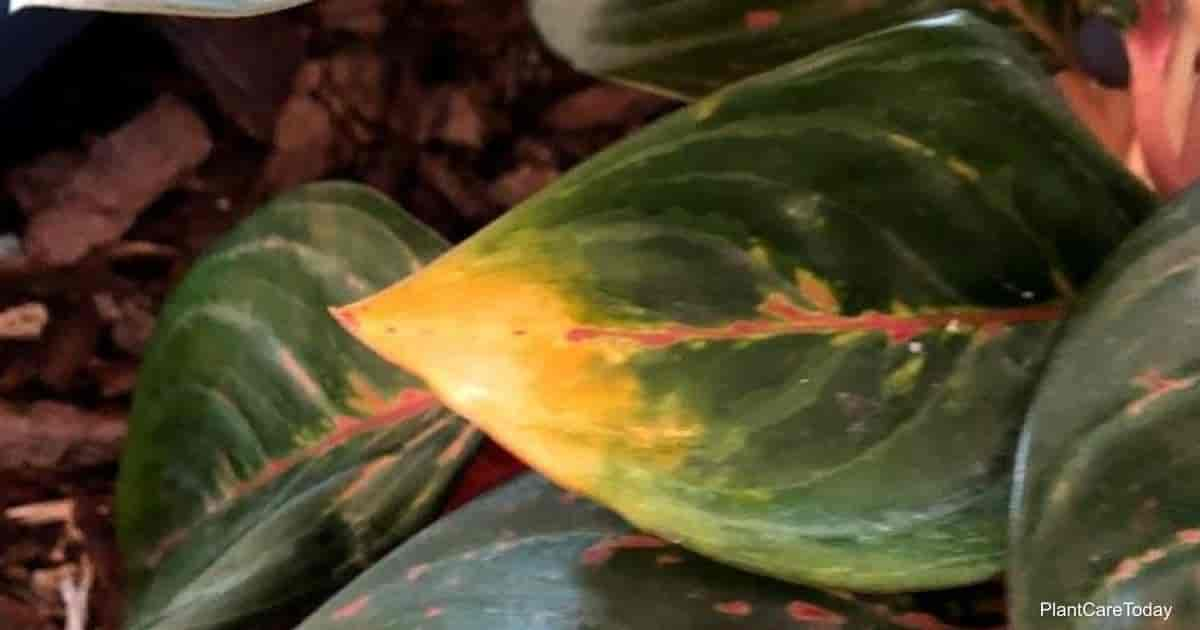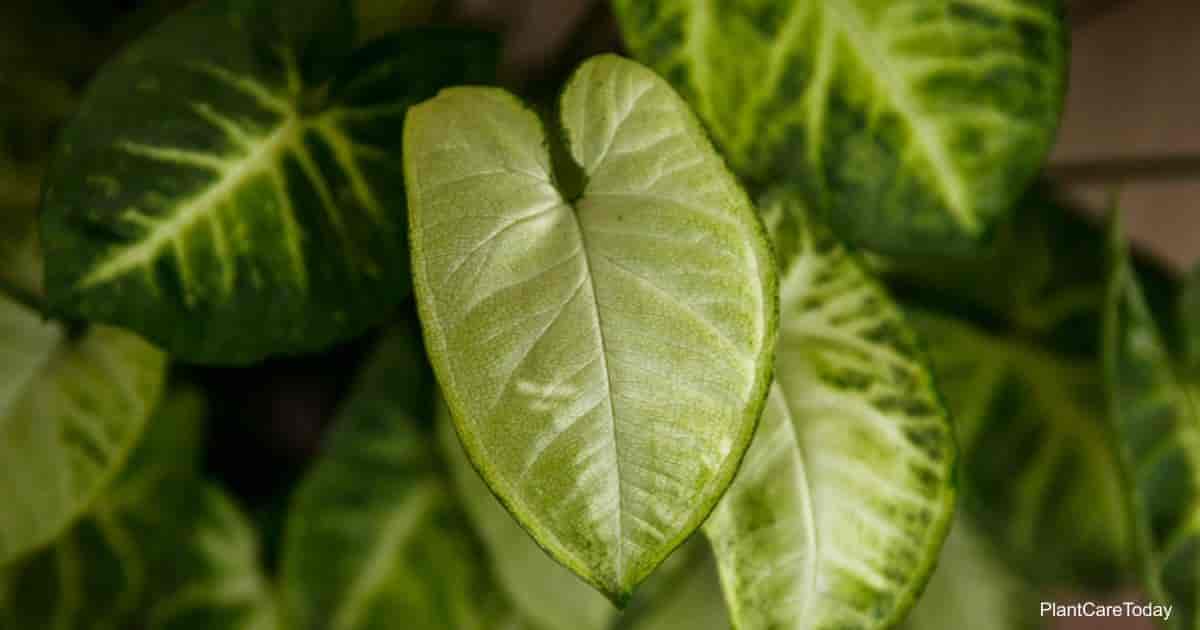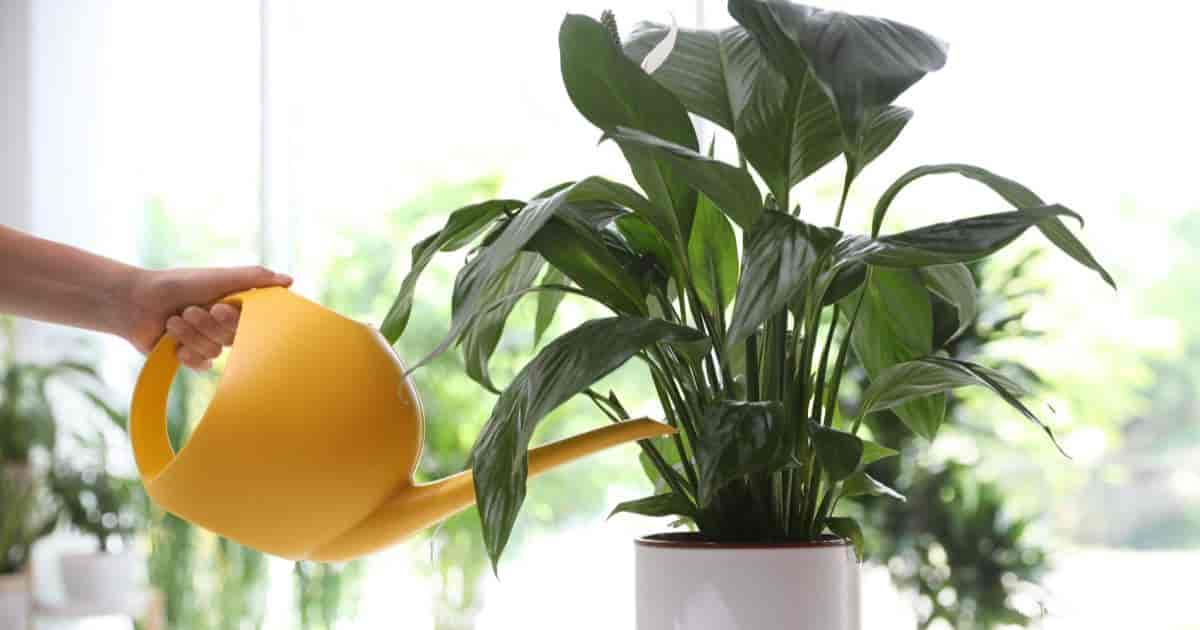Just as a person’s home is their castle, a plant’s soil is their small kingdom.
Tropical shrubs and indoor plants, such as the Chinese evergreen (sometimes also referred to as Philippine evergreen), rely on their soil to protect them from cold and dangerous infections like root rot.
Many of your plant’s health problems can be traced back to inadequate or poor soil conditions.
Here’s everything you need to know about what type of soil to use for your Aglaonema plant (ag-lay-oh-NEE-muh) to ensure it has a long, healthy life.
Chinese Evergreen Soil
Aglaonema plants can be relatively forgiving, but that’s not to say you should skimp on the soil quality.
The more you cater to your plant’s preferences, the happier it will be and the more it will give back (and might even one day bloom!) in return.
The Necessary Soil Conditions
Your Aglaonema requires moist, well-draining soil with an acidic pH of 5.5 to 6.5.
In many cases, you will have to amend the soil to achieve the right consistency.
How you amend will largely depend on whether you’re planting outdoors or in a container, as well as the condition of the soil before planting.
Choosing the Right Chinese Evergreen Plant Potting Mix
Peat-based potting mixes are a good choice but will usually need amending with perlite to ensure proper drainage.
A good default ratio is 1 part perlite to 2 parts standard household potting mix or peat moss.
However, a better option is to go with a good quality houseplant soil, such as MiracleGro, and mix in 1 part perlite to 3 parts mix.
The MiracleGro is usually designed to be well-draining, which allows you to use less aggregate.
Some commonly-used alternatives to perlite are coarse sand, gravel, and orchid bark.
A third alternative is to mix equal parts houseplant potting mix, aggregate (perlite, pumice), and shredded peat or coco coir.
The coir is usually a better choice, as peat retains more water.
Choosing the Soil Type (Outdoors)
Most Aglaonema varieties are pretty forgiving when it comes to soil type, as long as it is well-draining.
Some of the potential soils include clay, loamy (AKA silt-based), and sandy.
You can dig a little deeper down for garden areas that may not have the best drainage and add a substrate of coarse sand, gravel, or perlite to ensure excess water won’t sit around the roots after a storm.
It also helps to add a little aggregate to the soil itself, especially when planting young plants.
This gives the roots room to grow and develop.
Common Questions
Can I use Coffee Grounds on Aglaonema?
Heavy coffee drinkers will often recycle their used grounds in the garden, where the acidic, nitrate-laden particles can work wonders for specific plants.
However, your Chinese evergreen isn’t one of them.
Coffee grounds may help provide nitrates and a more acid pH, but they’re also notorious for absorbing and holding water.
This can lead to issues with plants that require well-draining mediums.
Coffee grounds swell and slowly release water, caffeine, nitrates, and other substances, unlike other organic materials.
That’s what makes it a great fertilizer for some plants but can harm the growth of others, such as Aglaonemas.
Another problem is that it provides far less acidity than you might expect.
Soil treated with coffee grounds has displayed a soil pH of 6.7.
That’s only slightly below the neutral pH line of 7.0.
Your Chinese evergreen needs a pH of 6.5 or less, which is far more acidity than the coffee grounds can provide.
Can Chinese Evergreen Grow in Water?
It’s possible to grow your Aglaonema hydroponically without it getting root rot.
The method is the same as with philodendron or pothos and works best with newly propagated plants.
Choose a clear container and fill it with rainwater (or distilled water).
Add in a bit of charcoal and give it a monthly feeding with one drop of water-soluble houseplant fertilizer.
Credit : Gary Antosh (https://plantcaretoday.com/chinese-evergreen-soil.html)





